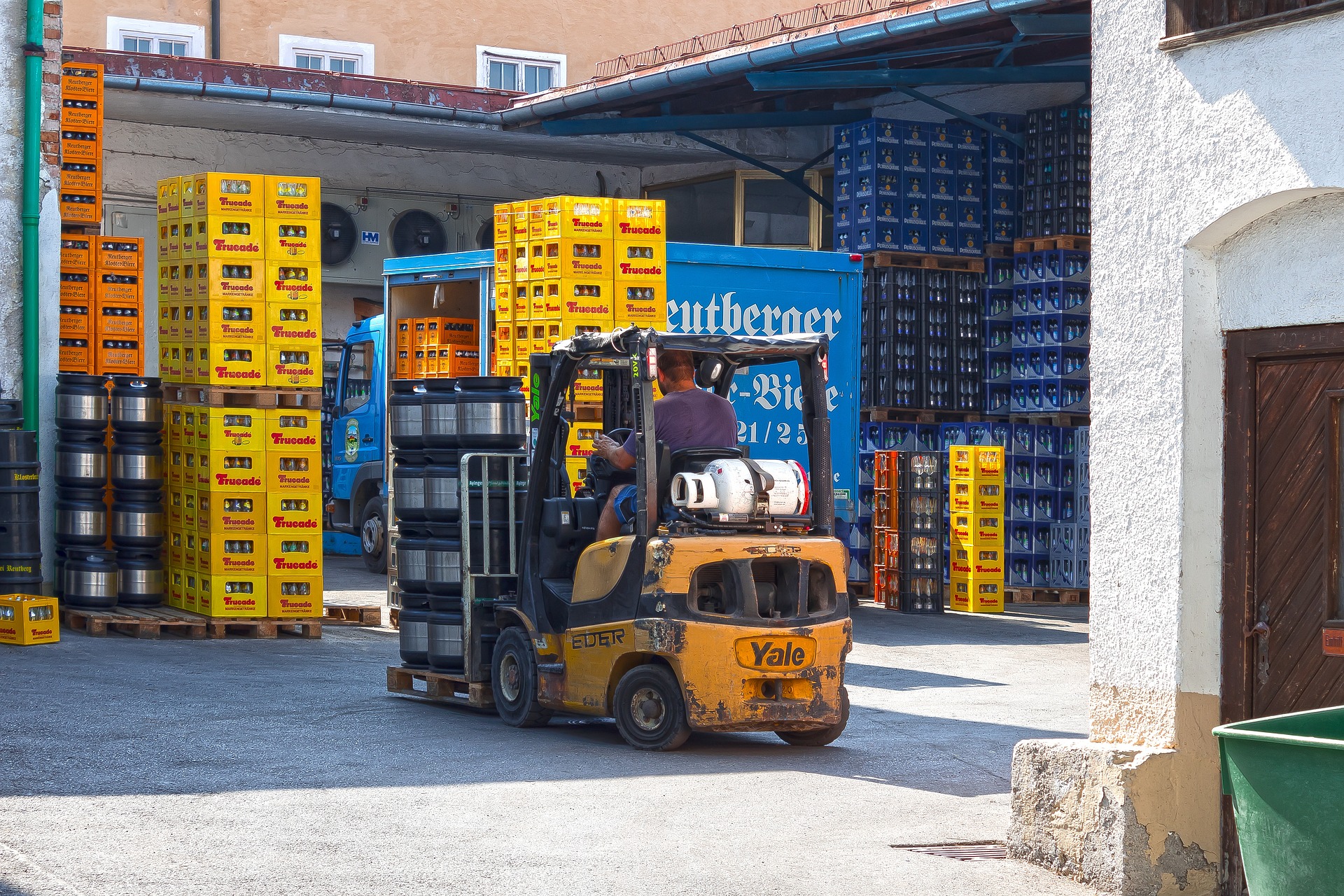Professional Product Labeling Solutions for Brand Success
Custom labels serve as powerful marketing tools that transform ordinary products into memorable brand experiences. In today's competitive marketplace, businesses rely on professionally designed labels to communicate quality, build trust, and differentiate their offerings. From small startups to established corporations, custom labeling solutions provide the flexibility to create unique product presentations that resonate with target audiences and drive purchasing decisions.

How Effective Labeling and Packaging Communicate Brand Identity
Brand identity extends far beyond logos and color schemes. Professional labels serve as the primary touchpoint between products and consumers, conveying values, quality standards, and brand personality through visual design elements. Professional labeling creates instant recognition, builds consumer trust, and communicates product benefits effectively.
Successful brand communication through labels requires consistent typography, color palettes, and messaging that align with overall marketing strategies. Companies that invest in cohesive labeling systems often see improved brand recall and customer loyalty compared to those using generic or inconsistent designs.
Labeling and Packaging: Essential Elements of Product Success in 2025
Modern consumers expect sophisticated packaging experiences that reflect product quality and brand values. Professional labels must incorporate current design trends, sustainability considerations, and technological innovations to remain competitive in evolving markets.
Digital printing technologies enable variable data printing, personalization options, and short-run customization that were previously cost-prohibitive. Smart labels with QR codes, NFC technology, and augmented reality features create interactive experiences that engage tech-savvy consumers and provide valuable product information.
Sustainable labeling materials and eco-friendly adhesives address growing environmental concerns while maintaining durability and visual appeal. Brands that prioritize sustainable labeling practices often attract environmentally conscious consumers and comply with emerging regulatory requirements.
How Labeling and Packaging Have Evolved from Functional Tools to Marketing Powerhouses
Historically, labels served purely functional purposes: identifying products, listing ingredients, and providing basic usage instructions. Today’s professional labels function as miniature billboards that influence purchasing decisions and create emotional connections with consumers.
Advanced printing techniques allow for premium finishes including metallic foils, embossing, spot UV coating, and textured materials that enhance tactile experiences. These sophisticated treatments elevate perceived product value and justify premium pricing strategies.
Data-driven design approaches utilize consumer research, market testing, and analytics to optimize label effectiveness. A/B testing different label designs helps companies identify elements that drive sales and improve market performance.
Professional Label Printing Options and Technologies
Digital printing offers flexibility for short runs, variable data, and quick turnaround times. Offset printing provides cost-effective solutions for large quantities with consistent color reproduction. Flexographic printing excels for high-volume production with excellent durability on various substrates.
Material selection impacts both functionality and aesthetics. Paper labels work well for dry applications, while synthetic materials like vinyl and polyester offer water resistance and durability. Specialty materials including clear films, metallic substrates, and textured papers create unique visual effects.
Adhesive selection ensures proper application and removal characteristics. Permanent adhesives create lasting bonds, while removable options allow for easy repositioning or temporary applications. Specialty adhesives handle extreme temperatures, moisture, and chemical exposure.
Cost Considerations and Provider Comparison
Professional label pricing varies significantly based on quantity, materials, printing methods, and finishing options. Understanding cost factors helps businesses make informed decisions that balance quality requirements with budget constraints.
| Provider Type | Services Offered | Cost Range | Key Features |
|---|---|---|---|
| Online Print Services | Digital printing, basic materials | $0.10-$0.50 per label | Quick turnaround, user-friendly design tools |
| Local Print Shops | Offset/digital printing, consultation | $0.15-$0.75 per label | Personal service, local support |
| Specialty Label Companies | Full-service solutions, premium materials | $0.25-$1.50 per label | Expert consultation, advanced finishing |
| Industrial Suppliers | High-volume production, specialized materials | $0.05-$0.40 per label | Volume discounts, technical expertise |
Prices, rates, or cost estimates mentioned in this article are based on the latest available information but may change over time. Independent research is advised before making financial decisions.
Volume significantly impacts per-unit costs, with larger quantities typically offering better pricing. Setup fees for plates, dies, or digital files may apply, particularly for complex designs or specialty finishes. Rush orders and expedited shipping increase overall project costs.
Implementation Strategies for Maximum Impact
Successful professional label implementation requires careful planning and attention to technical specifications. Working with experienced designers ensures labels meet both aesthetic goals and production requirements while complying with industry regulations.
Proof approval processes prevent costly reprints and ensure color accuracy, text readability, and proper sizing. Digital proofs provide quick feedback opportunities, while physical proofs offer accurate color matching and material assessment.
Professional labeling solutions represent strategic investments in brand building and product differentiation. Companies that prioritize quality labeling solutions often achieve stronger market positions, improved customer recognition, and enhanced product perceived value. Whether launching new products or refreshing existing lines, professional labels provide versatile tools for communicating brand messages and driving business success.




